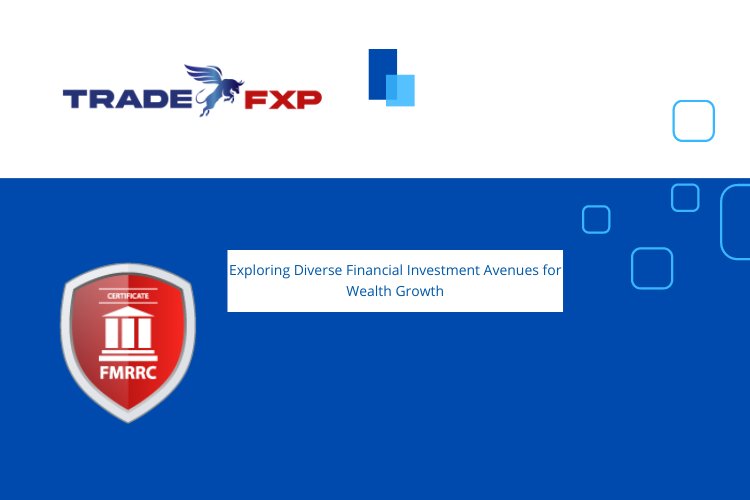Exploring Diverse Financial Investment Avenues for Wealth Growth
Discover the various financial investment options available to grow your wealth. From stocks to real estate, our guide covers essential strategies for savvy investing.

In the quest for financial security and wealth growth, understanding the various avenues of financial investment is crucial. This article explores diverse investment options, offering insights into their potential risks and rewards.
1. Stock Market Investments: Investing in stocks is one of the most popular methods for wealth accumulation. Stocks represent ownership in a company, and investors profit from share price appreciation and dividends. While stocks offer high return potential, they are subject to market volatility.
2. Bonds: Bonds are fixed-income investments where you loan money to a government or corporation in exchange for periodic interest payments. They are generally considered safer than stocks, but they offer lower returns.
3. Mutual Funds: Mutual funds pool money from many investors to buy a diversified portfolio of stocks, bonds, or other securities. They offer diversification and professional management but come with management fees.
4. Exchange-Traded Funds (ETFs): ETFs are similar to mutual funds but are traded on stock exchanges. They offer high liquidity, lower fees, and tax efficiency, making them a popular choice among investors.
5. Real Estate Investments: Investing in real estate involves purchasing property to generate rental income or capital appreciation. Real estate can offer steady income and tax advantages but requires significant capital and management.
6. Retirement Accounts: Retirement accounts like 401(k)s and IRAs offer tax advantages for long-term savings. They can include a mix of stocks, bonds, and other assets and are essential for retirement planning.
7. Cryptocurrency: Cryptocurrencies are digital or virtual currencies that use cryptography for security. While they offer high potential returns, they are also highly speculative and volatile.
8. Commodities: Investing in commodities like gold, oil, or agricultural products can hedge against inflation and market volatility. However, commodity markets can be influenced by unpredictable factors like weather and political events.
9. Alternative Investments: This category includes hedge funds, private equity, and venture capital. They often require high initial investments and are typically less liquid, but they can offer diversification and high return potential.
10. Robo-Advisors: Robo-advisors use algorithms to manage investment portfolios based on your risk tolerance and goals. They offer a low-cost, automated way to invest, particularly for beginners.
Conclusion: Diverse financial investments offer various levels of risk and return, catering to different investor profiles and goals. A well-balanced investment portfolio, tailored to individual risk tolerance and financial objectives, is key to successful wealth management.
For Detailed Article CLICK HERE
Regards
Abe



 admin
admin 










